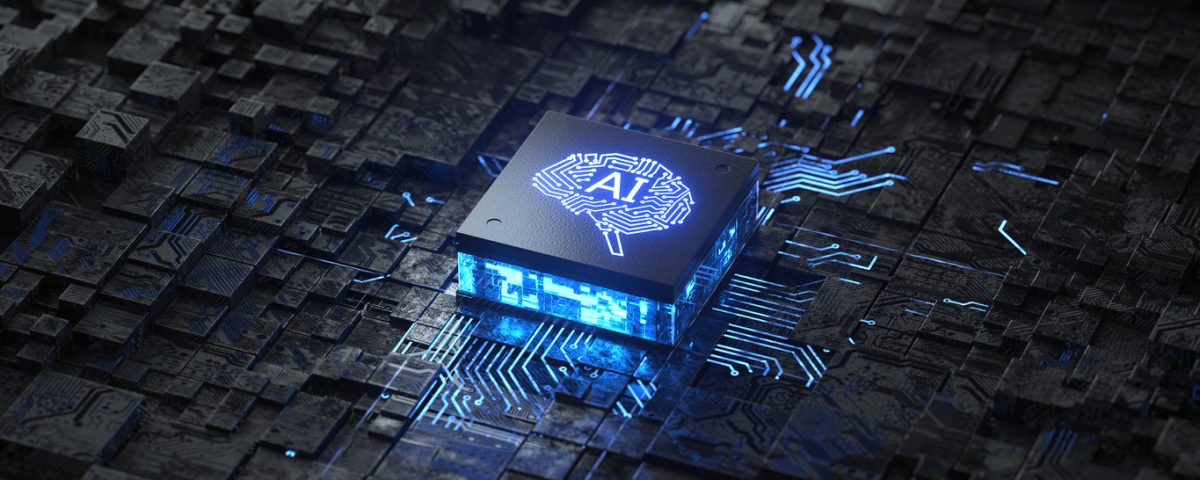Utilizing AI to Increase Efficiency in Police Operations

Navigating Special Education Amid COVID-19
December 7, 2020
Police Stress Management: 911 Dispatch Tips
December 21, 2020Utilizing AI to Increase Efficiency in Police Operations
Artificial intelligence( AI) used to be a thing of science fiction stories and dreams of a tech-heavy future. But in recent years, artificial intelligence has made its way into video games, social media, shopping experiences, healthcare technology, and even emergency services. Throughout the United States, law enforcement agencies have increasingly turned to AI to strengthen and support their officers.
AI is becoming an effective agent in law enforcement because it can help in many areas and enhance efficiency. AI technologies help keep a watchful eye on crowd control and surveillance, scanning video footage, and used for facial recognition. When used effectively, AI helps deter and solve significant crimes while providing added safety and assurance to society.
Here are the ways in which artificial intelligence is increasing efficiency in our law enforcement agencies.
Facial Recognition and Image Enhancement
Facial recognition has started to be more widespread in assisting in the identification of criminals in public spaces. Agencies can pick out their suspect(s) in a crowd of people at a stadium, which without AI technology would be nearly impossible to do. Public cameras are installed in places like street corners, lamp posts, and buildings to monitor citizens and help identify criminals who commit crimes and track down missing persons.
Facial recognition allows law enforcement to scan public spaces such as concert venues and shopping centers to spot missing persons or detect suspected human trafficking operations. However, even though AI benefits law enforcement, some cities and communities are pushing back on its implementation. For example, cities in the San Francisco Bay Area have banned the use of AI-driven facial recognition in law enforcement. AI doesn’t provide a 100 percent guarantee of the accuracy of results, and all algorithms provide only a potential likelihood of correctness.
Physical Bots
Police use robots to perform tasks deemed dangerous to humans, including detonating bombs or entering unknown environments. Robots are equipped with AI technologies to provide more sophisticated capabilities like identifying objects or people, making them useful in police work.
Some cities are using robots with AI technology to act as extra police officers on the street. Robots located at tourist hot spots or busy shopping areas can perform a limited set of capabilities but effectively monitor potential illegal activity. Equipped with touch screens, these robots act as kiosks, allowing people to report crimes and have a camera to provide live feeds and images to the operations room where human workers are monitoring.
Helping with Non-Violent Crimes
Artificial intelligence is also helpful to police departments in spotting patterns and identifying things that might not fit that pattern. AI technology has proven to be useful at identifying counterfeit goods, which can be a challenge for humans. Small photos of an item can be taken to examine and determine if the product is real or fake.
Financial crimes, such as stolen credit cards and expense account fraud, can be detected with artificial intelligence because it is good at detecting small irregularities. AI machines can analyze the reports of a company or transactions from individuals, find unacceptable expenses, and reject unacceptable costs.
About PGUI
Professional Governmental Underwriters, Inc., is a full-service risk management company dedicated to assisting public, educational and non-profit entities in the management of their professional liability exposures including educators liability insurance. We are dedicated to providing state-of-the-art professional underwriting management and loss control advisory services on behalf of our designated carriers. For more information, call us toll-free at (800) 586-6502.


